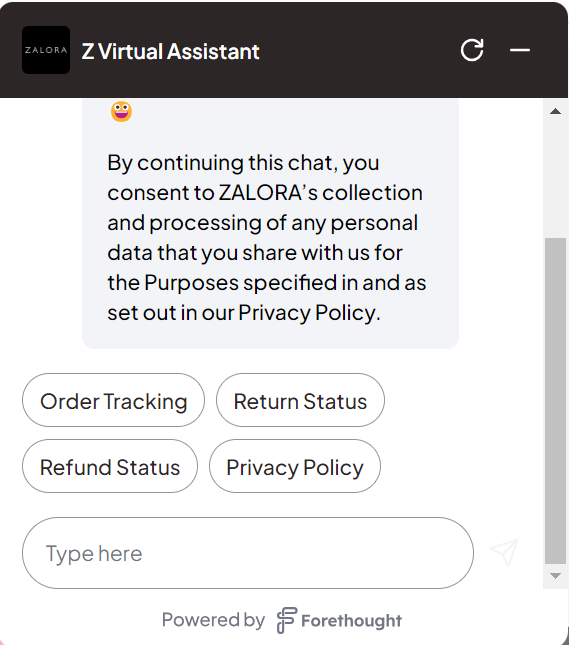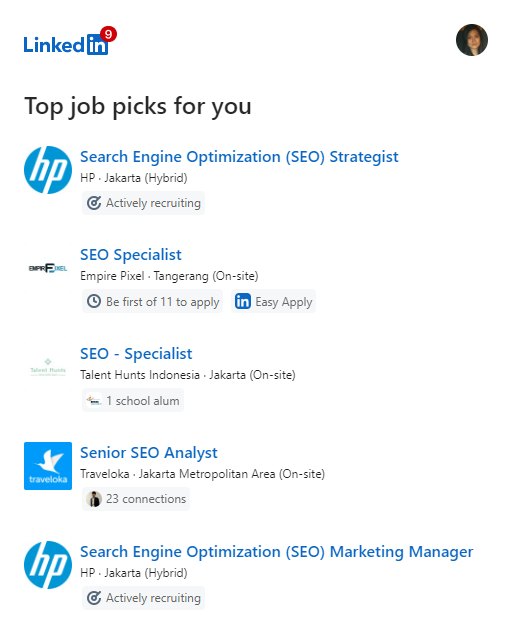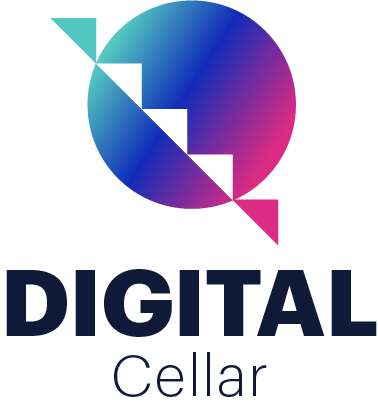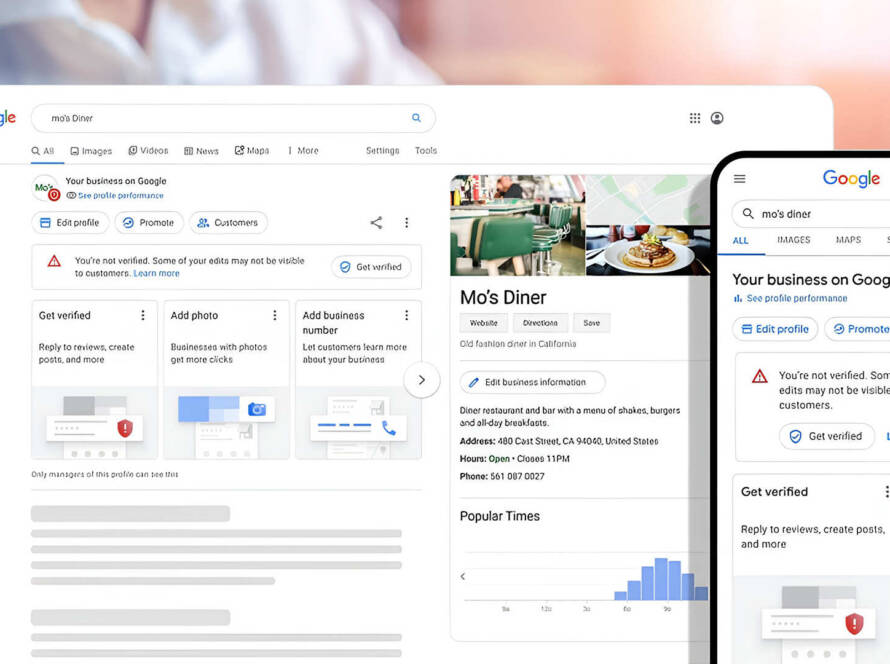Hey folks! 2024 is here, and guess what? Businesses are on a mission – cracking the code to connect with their audience in this digital jungle. It’s a bit of a challenge, but worth it! Companies everywhere, from every nook and cranny of industries, are getting all fancy with artificial intelligence gadgets to level up their sales, smooth out operations, and give VIP treatment. And wouldn’t you know it, even the marketing maestros are jumping on the AI train, aiming to dazzle us, their target audience, with some high-tech charm? So, buckle up! We’re about to take a ride into the future where business meets the cool side of tech.
What is AI Marketing?
AI marketing, or Artificial Intelligence marketing is a super-smart robot buddy to help out with your marketing efforts. It involves using AI technology – think smart algorithms and machine learning – to make marketing more effective and efficient.
AI marketing will gather insights from their customers and produce better content to have a better engagement for the audience. It will give a personalised customer experience too! Your past behaviour will be analysed to suggest things you’re likely to buy. Ever noticed how online stores recommend products that seem just right for you? That’s AI in action!
10 Ways to Utilise AI for Marketing
Personalised Recommendations
AI analyses customer data (like past purchases and browsing history) to suggest products or content tailored to each individual. AI digests all that info using its engines to figure out what you might like next.
Utilising AI for personalised digital marketing involves leveraging artificial intelligence technologies to tailor marketing efforts to individual consumers. Here are some strategies that you can use:
| AI usage In Persoanlised Marketing | Reasons to use |
|---|---|
| Data Collection and Analysis | Use AI to gather and analyze data from various sources such as website interactions, social media activity, purchase history, and customer feedback.Implement machine learning algorithms to identify patterns and preferences in the data, helping to understand customer behaviour and interests. |
| Customer Segmentation: | Utilise AI to segment customers into distinct groups based on behaviours, interests, demographics, and purchase history.This enables you to target specific groups with more relevant and personalised marketing messages. |
| Personalised Content and Recommendations | Use AI algorithms for content personalisation. This includes personalised product recommendations on e-commerce sites or customised content on web pages.Employ natural language processing (NLP) for content creation, such as automated blog posts or personalised email content that resonates with individual customers. |


Chatbots for Customer Service
Chatbots powered by AI can handle customer queries, provide information, and even resolve issues, all without needing a human on the other end. These AI clever bots will understand what you’re saying and respond like a real person. They’re trained to handle common questions and issues, so you can get quick answers without the hassle.
This improves customer experience, increases engagement, and boosts satisfaction. Chatbots can also gather valuable data from interactions, enabling targeted marketing and insights into customer preferences and behaviour.
This data-driven approach allows for more effective marketing strategies and personalisation, enhancing customer relationships and loyalty. Additionally, AI chatbots can handle multiple queries simultaneously, reducing wait times and operational costs, and contributing to an overall efficient customer service experience.
Content Creation
AI can craft content like reports, news, and even some social media posts. Ever hit a creative block? AI can be a real lifesaver. It will generate ideas by analysing current trends, and popular searches to suggest content ideas that are likely to resonate with your audience.
AI tools can analyse audience preferences and engagement, guiding the creation of more relevant and impactful content. The content that AI creates is not quite at the level of penning a novel, but for initial drafts of content, it’s pretty handy.

Email Marketing
AI helps personalise email campaigns by analysing which types of emails customers open and respond to. You will find AI as a tool for fine-tuning your email strategy to hit the bullseye every time. So, when you send out emails, AI works its magic behind the scenes to make them super effective.
Also, it will analyse heaps of data to understand what your subscribers like and don’t like. It tailors the content based on each subscriber’s preferences, making it feel like you’re sending a message just for them.
Here is how AI benefits email marketing:
| AI usage in email marketing | Reasons to use |
|---|---|
| Customer data integration | analyses customer data to create personalised content, ensuring emails resonate with each recipient’s interests and behaviours. |
| Campaign segmentation | automates segmentation and A/B testing, efficiently determining the most effective subject lines, content, and design |
If content automation is not enough, AI can also figure out the perfect time to send emails, increasing the chances of them being opened. Imagine your emails hitting the inbox at just the right moment when your subscribers are most likely to give them a look.
SEO and Content Optimisation
AI tools can analyse search trends and suggest keywords or topics. They help optimise content to rank higher on search engines. It can make a big difference in how you approach your website and content strategy.
In detail, here’s how AI helps:
| AI usage in SEO | Reasons to use |
|---|---|
| Keyword Research and Analysis | Analyses search trends, suggesting relevant keywords and topics. This ensures content is optimised for current search patterns and user intent. |
| Content Optimization | Evaluates the quality and relevance of website content, suggesting improvements for better search engine ranking. Helps in tailoring content to match what search engines and users are looking for. |
| User Experience Analysis | Analyses user behaviour on websites, helping to improve site navigation, load times, and overall user experience, which are critical factors for SEO. |
| Link Building | Identifies potential link-building opportunities by analysing web content and finding relevant, authoritative sites for backlinking. |
| Search Intent Analysis | Understands different types of search queries and can help create content that directly addresses the user’s intent. |
By leveraging AI, digital marketers can create more effective, efficient, and targeted SEO strategies, leading to better search engine rankings, increased traffic, and improved user engagement.
Predictive Analysis
AI predicts future buying trends and customer behaviours based on past purchases and online browsing habits to their engagement with previous marketing campaigns. This will identify patterns and trends. It can predict what customers are likely to buy next when they might buy it, and what marketing strategies will be most effective. Based on these insights, AI can suggest personalised marketing actions.
But AI doesn’t stop at predicting. It will calculate what customers are likely to buy next, exactly when they might hit that “buy” button, and which marketing strategies will perform the best. This can lead to a better view of forecasting broader sales trends and market demand. These analyses can help marketers plan strategies that are a few steps ahead.
Ad Targeting and Placement
AI optimises where and when ads should be placed for maximum effectiveness. AI analyses heaps of data to understand your audience’s behaviour, preferences, and habits. Based on this data, it crafts ads that hit the sweet spot for the right people at the perfect time!
| AI usage in digital ads | Reasons to use |
|---|---|
| Personalized Ad Creation | Analyses user data like browsing history, purchase behaviour, and preferences to create personalized ads. |
| Real-Time Optimization | Continuously monitors ad performance, making real-time adjustments to bidding, targeting, and ad placement. This ensures optimal ad performance and maximizes return on investment (ROI) |
| Audience Targeting and Segmentation | Segment audiences based on various criteria, ensuring ads are shown to the most relevant and receptive audience segments. |
| Automated A/B Testing | Automates the process of A/B testing various ad elements like images, headlines, and call-to-action buttons to determine what works best for different audiences. |
| Budget Allocation | Optimises ad spending across different channels and campaigns, ensuring the budget is allocated to the most effective ads and platforms. |
| Cross-Platform Integration | Integrates data across various platforms (like social media, websites, and apps) for cohesive and consistent ad targeting |
After your ads have run, AI can analyse their performance, giving you insights into what worked and what didn’t. This helps in refining future campaigns and making your advertising smarter, more efficient, and more effective.
Voice Search Optimisation
With the increasing popularity of voice-activated devices like smartphones, smart speakers, and virtual assistants, optimizing content for voice search is becoming more popular. It’s all about understanding how people ask questions verbally rather than typing.
AI is brilliant at understanding and processing natural language – the way we speak in real life. It has a linguist who can interpret various accents, dialects, and colloquialisms. Voice searches are often local. When people use voice search, they tend to speak more naturally and conversationally.
AI helps identify these long-tail, conversational keywords or phrases people might use in everyday speech. It’s about moving from stiff, ‘robotic’ keywords to more natural, spoken phrases. This can also help your content formatting for voice search as voice search queries are often phrased as questions.
Image Recognition
AI’s involvement in image recognition for marketing is pretty fascinating. It can analyse social media images to understand consumer trends and brand positioning. By analysing images that people post online, AI can pick up on trends and preferences.
For example, you might notice that a lot of people are posting pictures of a certain type of fashion style or product, giving you insights into current trends. AI can suggest or even create visual content that will resonate with your audience by understanding what types of images are most engaging.
Image recognition AI can also track how and where competitors are being featured in images online. This gives you a clear picture of how you stack up against them in terms of visibility. AI in image recognition will help you to understand and respond to the visual side of consumer behaviour and brand presence. It opens up new avenues for monitoring your brand, understanding your audience, and personalising your marketing efforts.
Smart Data Analysis
AI is brilliant at crunching loads of data and spotting patterns that humans might miss. With the sheer volume of data generated every day, AI helps marketers sift through it all to find valuable insights.
AI has deep data insights by delving into large sets of data to uncover patterns and trends that might not be immediately obvious. It analyses data to understand customer behaviour – what they like, what they don’t when they shop, what they shop for, and so on. By understanding individual customer preferences, AI enables highly personalised marketing. This means you can tailor your messages, offers, and content to fit the specific needs and interests of your audience, much like a bespoke suit tailored to fit perfectly.
With AI, data analysis becomes more efficient, helping you make quicker, more informed decisions. This analysis also comes in real-time, giving you up-to-the-minute insights. This is crucial in a fast-paced market where understanding the current situation can make or break a campaign. In summary, AI in smart data analysis helps you understand your audience deeply, make data-driven decisions, predict future trends, and personalise your marketing efforts. It’s all about using the power of data to craft smarter, more effective marketing strategies.
And there you have it, a rundown of 10 fantastic ways AI can rev up your marketing game in 2024. It’s clear that AI is not just a flashy buzzword; it’s a real game-changer in crafting clever, targeted, and efficient marketing strategies. We, at The Digital Cellar are determined to create a new limit in marketing performance by leveraging AI into modern marketing. Let’s team up and make your brand shine in the digital space, with a little AI magic and a lot of marketing savvy.
This content was helped created by the use of AI (Artificial Intelligent) and thoroughly edited, fact-checked, and proofread by human to cater to audience




